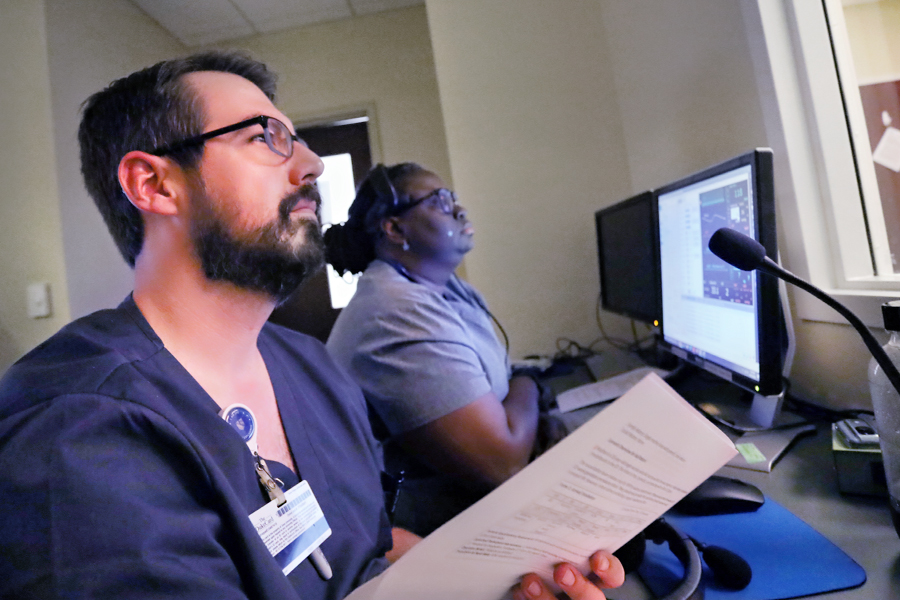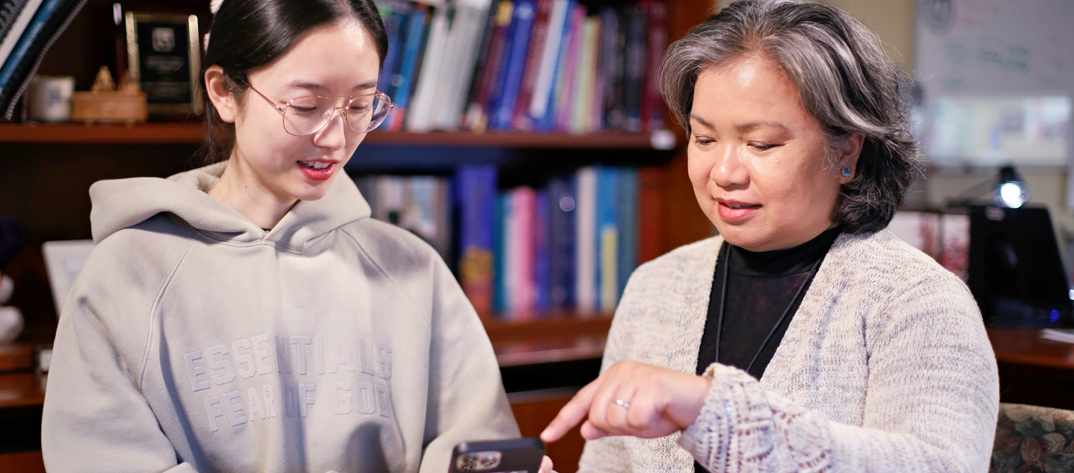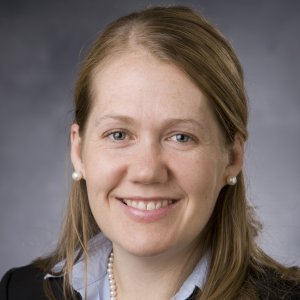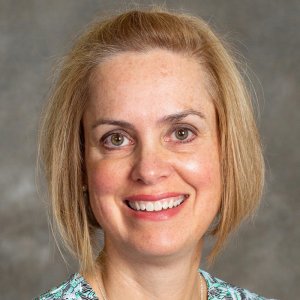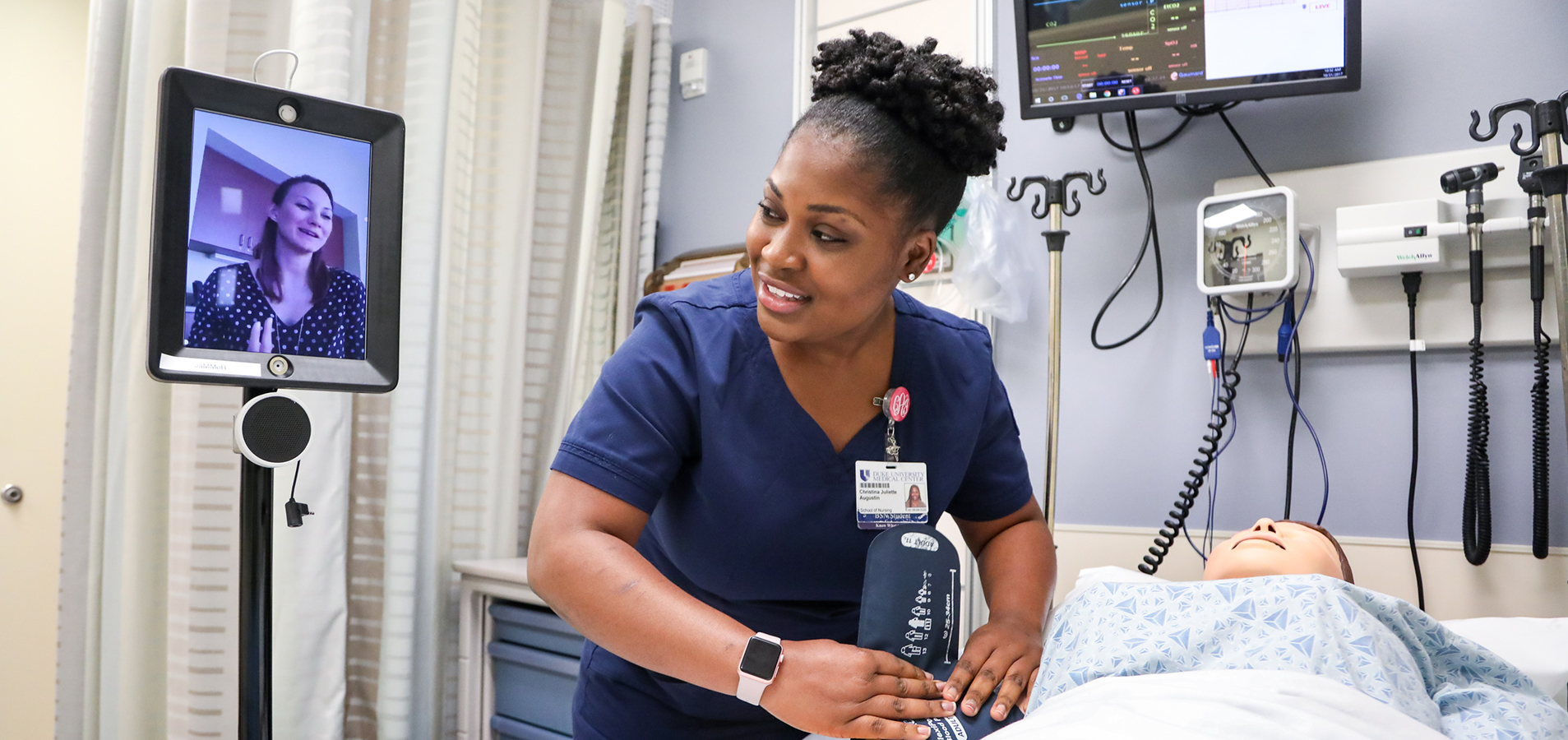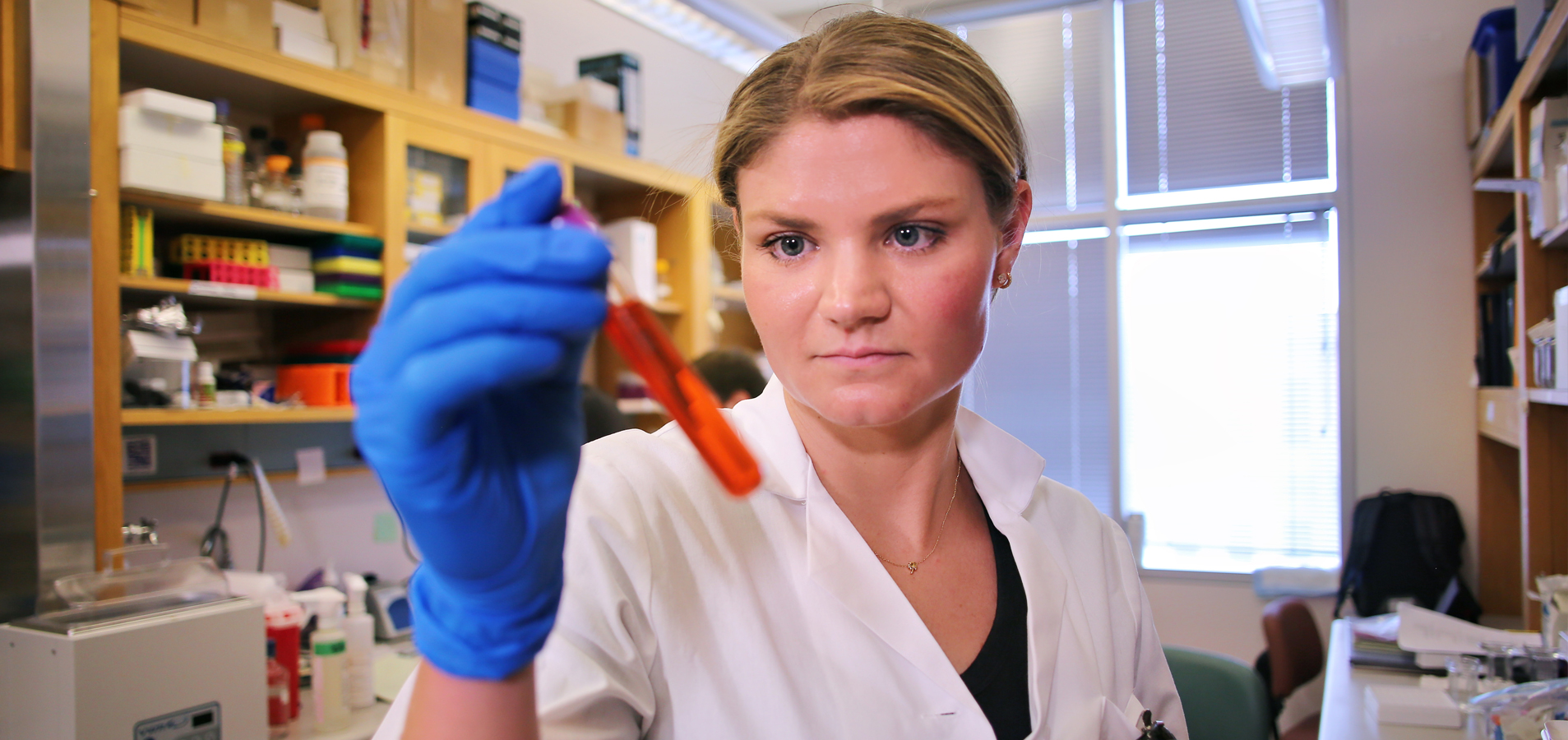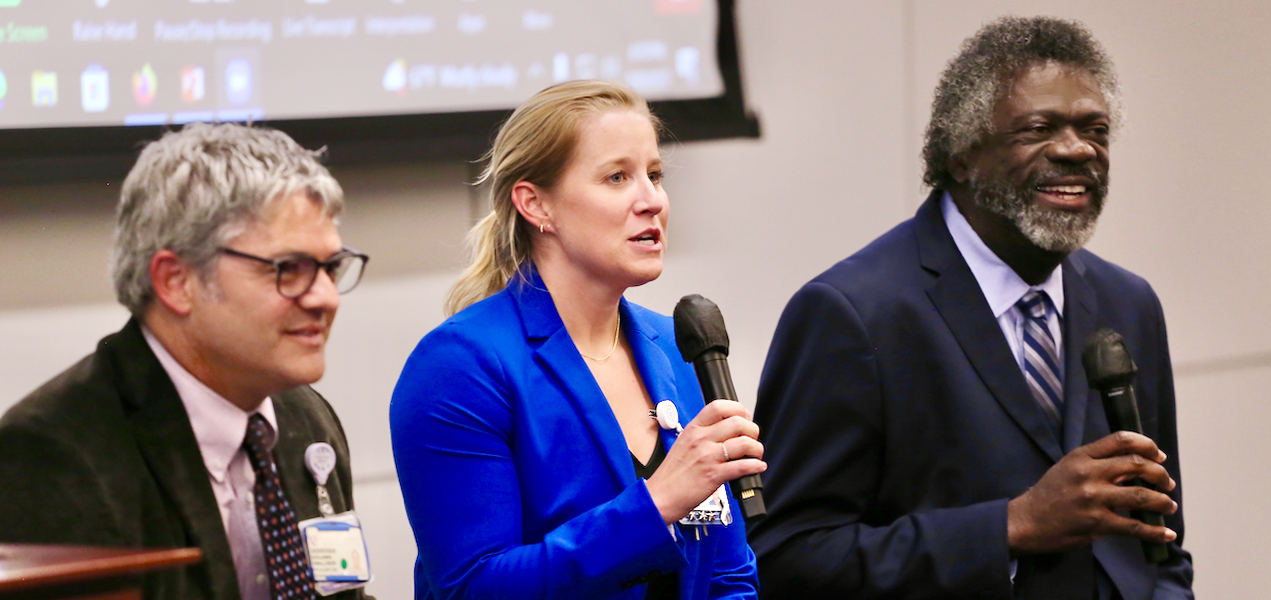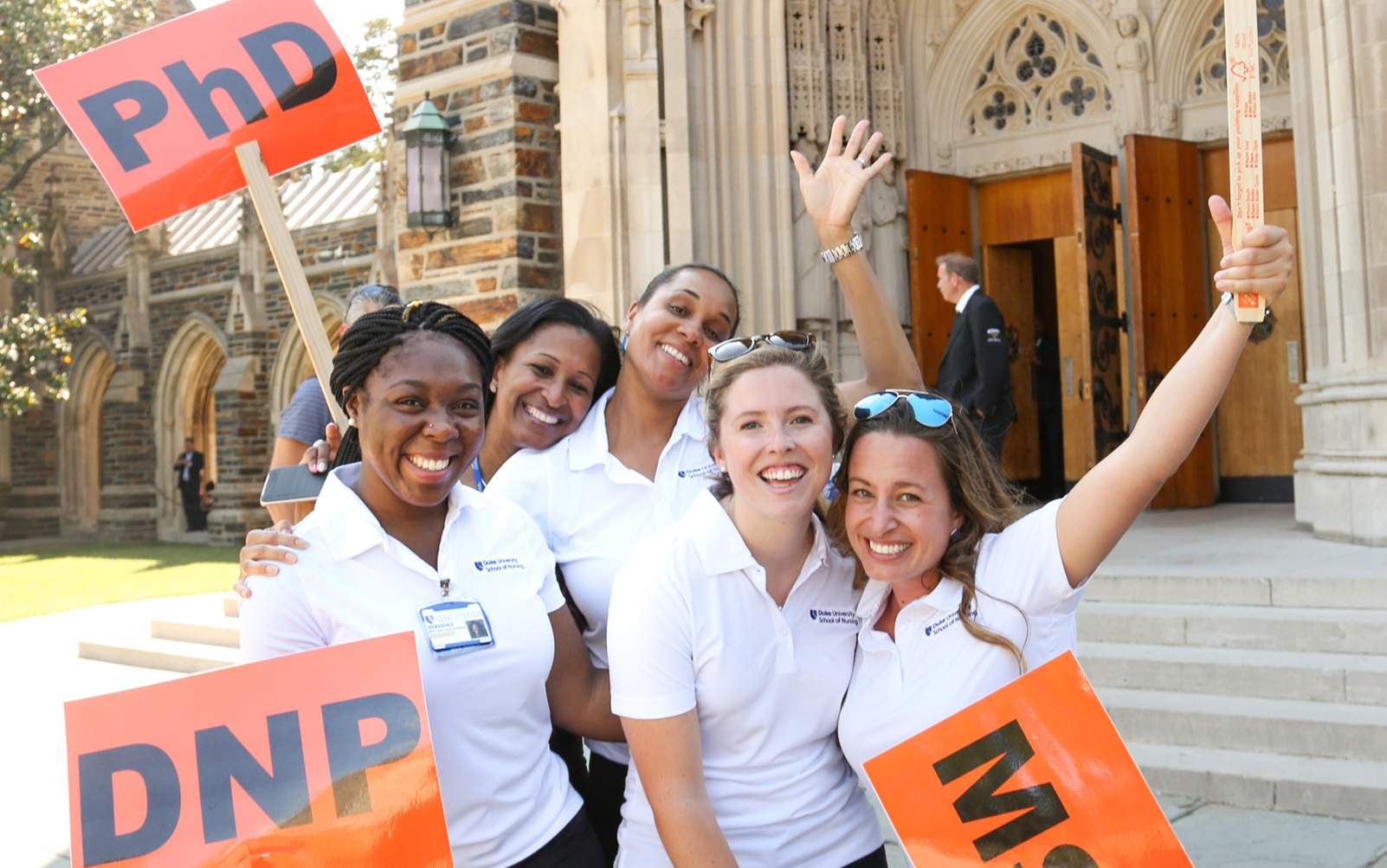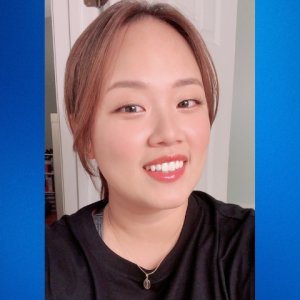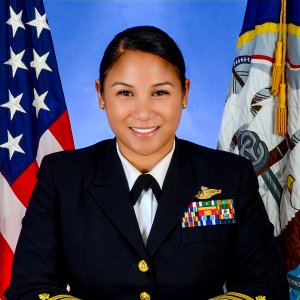Learn to leverage cutting-edge technology and data to improve patient outcomes with Duke’s MSN in Health Informatics.
Duke University School of Nursing’s MSN in Health Informatics program combines convenient distance-based learning with hands-on training to prepare you to become a sought-after nursing informatics specialist.
Hospitals and clinics are increasingly turning to technology and data analysis to improve patient care. With an aging population and growing awareness of large-scale health threats, the ability to manage and utilize data effectively is becoming increasingly crucial. Our master’s in health informatics equips you with the expertise to navigate this evolving landscape.
You’ll learn from experienced nursing informatics professionals who share their real-world knowledge and challenges. This ensures you graduate with the confidence and skills to make a significant impact on patient outcomes in today’s data-driven health care environment.
Our Health Informatics program is currently not accepting applications.
Health Informatics Post-Graduate Certificate
For those looking to enhance their existing nursing expertise with specialized health and clinical informatics skills, Duke School of Nursing offers two health informatics certificate programs:
- Post-Graduate Certificate (PGC) with Major in Health Informatics: This postgraduate health informatics certificate is available to students who already have a master’s degree from an ACEN- or CCNE-accredited nursing school or in another approved discipline.
- Health Informatics Certificate (HIC, Post-Bachelor’s Certificate): This health informatics certificate is designed for individuals with at least one year of health-related work experience who have a bachelor’s or graduate degree.
Master’s in Health Informatics Highlights
Our health informatics program ranks among the top online master’s programs in the country thanks to the success of our graduates and the lasting impacts they make in their organizations. Through a world-class curriculum and individualized learning, we’re shaping the future of nursing health informatics:
Accessible online courses:
Our distance-based MSN program lets you take interactive online courses at your convenience so that you can continue working while you earn your health informatics degree. You’ll visit campus twice during your time in the MSN program to enjoy on-campus intensives with your cohort.
Personalized learning:
In addition to online courses, you’ll also work with our placement team to find local clinics and hospitals where you’ll participate in a customized practicum for at least 224 clinical hours. Your practicum can introduce you to other professionals in your area and help you contribute to an informatics project at your site.
Rigorous coursework:
Our curriculum meets the national standards for graduate education in informatics to ensure you receive the most up-to-date training with the latest information and health care technologies. We offer several health and clinical informatics courses not found in most other nursing informatics programs — including database design and clinical data analytics, as well as systems development, implementation and evaluation.
What Can You Do With a Graduate Health Informatics Degree?
Health care is one of the fastest-growing career fields in the country, and health informatics is a great opportunity for nursing professionals who are organized and enjoy solving technological issues to help hospitals and clinics run efficiently.
Graduates of our master’s in health informatics program work in health informatics settings such as health care systems, vendor organizations and IT consulting firms. Our nursing informatics degree also provides a solid foundation for advanced study in one of our Doctor of Nursing Practice programs.
When you earn your health informatics degree from Duke, you could pursue a range of exciting career roles, including:
- Nursing informatics systems specialist
- Clinical informatics specialist
- Data analyst
- Epic senior clinical analyst
- IT analyst
Salaries for professionals in nursing informatics are highly competitive, reflecting the critical role they play in the health care industry. For those holding a master’s degree, salaries often range between $100,000 and $150,000, according to a 2023 workforce survey by the Healthcare Information and Management Systems Society. Additionally, the HIMSS survey found that 12% of master’s degree holders reported salaries ranging from $176,000 to $200,000. This earning potential underscores the value of advancing your education in nursing informatics, positioning you for success in this dynamic field.
Program Director
Debbie Travers
PhD, MSN, RN, FAEN, FAMIA
Dr. Debbie Travers, Ph.D., MSN, RN, FAEN, FAMIA, is the lead faculty for the MSN in Health Informatics program at Duke University School of Nursing. She has a strong foundation of clinical experience as an emergency nurse, informaticist and educator. Dr. Travers’ expertise includes clinical decision support for emergency department triage, ED clinical data systems development, implementation and evaluation, and public health informatics.
Learn more about Debbie Travers: Scholars@Duke
